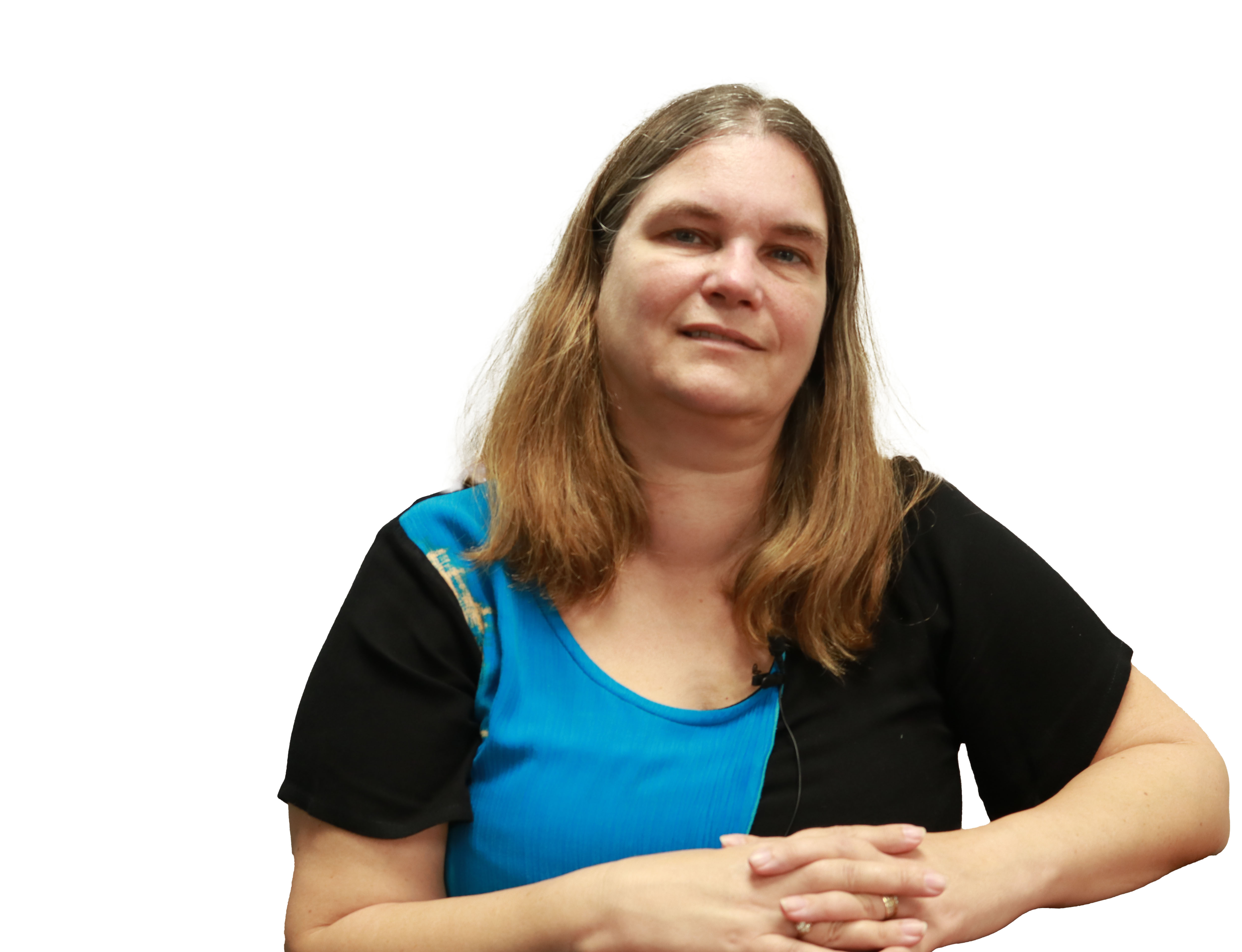

Good morning and welcome everyone, to the Innovation Project design workshop. It is my pleasure to bring greetings from the Educational Quality and Assessment Programme of the Pacific Community this morning as we kick off what promises to be three excellent days of engaging in collaboration and dialogue to design this research project.
This project is made possible through the generous support of Australian Aid and their commitment to supporting Pacific Island ministries of education through EQAP. In a break from tradition that included funding for project-specific activities, an agreement was reached in 2018 that sees DFAT and New Zealand MFAT providing funding for EQAP to support regional and national priorities under the EQAP business plan. Additionally, DFAT included annual innovation funding in the agreement and it is through that funding that we are able to work together on the research project that has been proposed by the Ministry of Education.
One of the key characteristics of an innovation fund project is that it meets the need of a country or group of countries. To that end, the joint design workshop that is beginning today marks the opportunity to move the project from a concept to a well-developed full-fledged plan. Over the course of the next three days, you will engage in a variety of sessions to come to a shared understanding of and gain insights about the proposed research, including the scope of the research, the budget, work plan, risks and mitigations and project governance.
While the innovation project was started with a concept note that included draft research questions and a methodology, this design workshop is your opportunity to really dig into that concept note and, if you wish, revise and rework the research questions and methodology from the original research proposal.
The point of the design workshop is to develop the project in a mutually collaborative, supportive environment, to be fit for purpose and provide he best value back to the ministry of education.
The workshop is also an opportunity to bring additional expertise to the table both from EQAP and from our technical partners, the Australian Council for Educational Research (ACER).
While you will cover a lot of ground through the design process, it may be that not all questions are answered, nor all decisions finalised during the workshop itself. That is absolutely fine and in fact, expected, with action points agreed on to be followed up immediately following the workshop. This project offers a great opportunity to work together to strengthen quality education practices in the region and that EQAP stands ready to support further research efforts and initiatives of the Ministry of Education in Kiribati. I wish everyone well for a productive workshop and success in the project over the coming months.